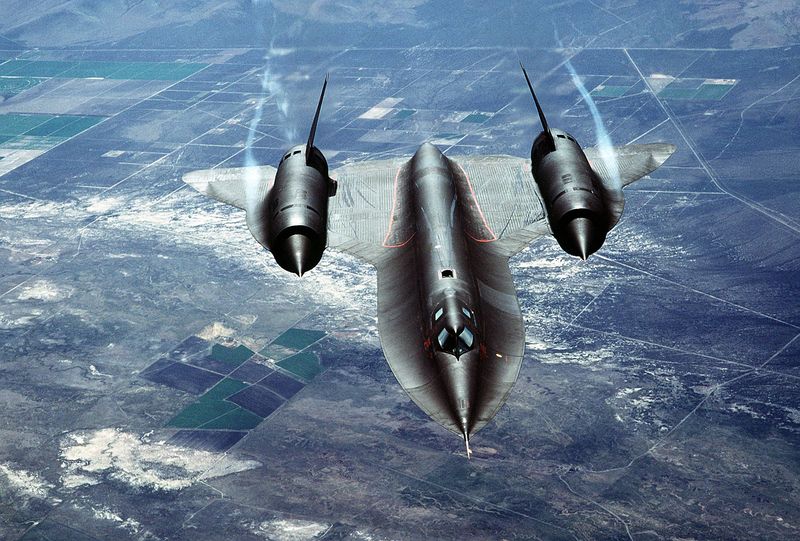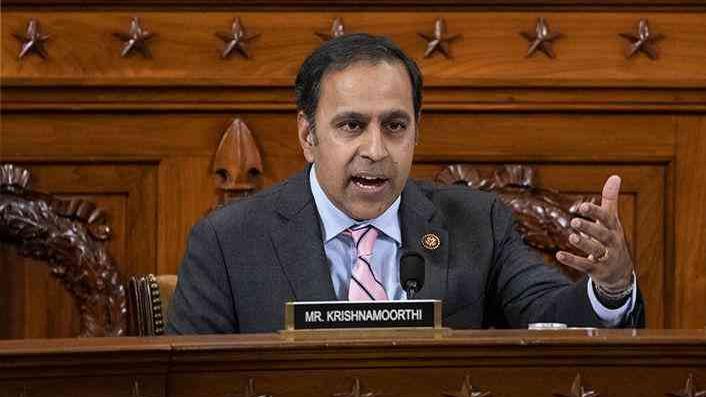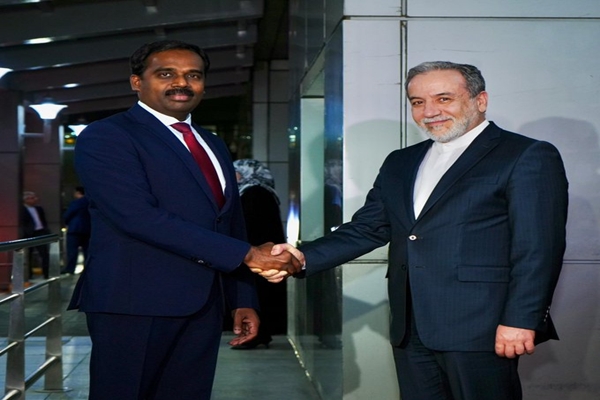Supersonic is history. Hypersonic Is The US Military's New Speed
Fri 26 May 2017, 21:22:04

In future, military dominance will depend partly on how fast you can you fly and get into space
In the future, military dominance will depend partly on how fast you can fly and how quickly you can get into space. That's one of the guiding principles behind an advanced Pentagon project to build a spacecraft able to launch smaller payloads into low-earth orbit on short notice, and at lower cost.
Boeing Co.'s XS-1 (Experimental Spaceplane), which the company dubs "Phantom Express," got a green light this week by the Defense Advanced Research Projects Agency, or DARPA. The XS-1 is designed to quickly lift satellites as heavy as 3,000 pounds into orbit for $5 million or less, launching from the ground, deploying a small upper-stage module, and then landing like a traditional airplane-the key to reuse and lower operating expense. DARPA also has a separate program aimed at launching 100-pound satellites for less than $1 million per launch, using conventional aircraft.
"The XS-1 would be neither a traditional airplane nor a conventional launch vehicle but rather a combination of the two, with the goal of
lowering launch costs by a factor of ten and replacing today's frustratingly long wait time with launch on demand," Jess Spoonable, a DARPA program manager, said in a May 24 statement.
lowering launch costs by a factor of ten and replacing today's frustratingly long wait time with launch on demand," Jess Spoonable, a DARPA program manager, said in a May 24 statement.
"When most people think about hypersonic aircraft, many believe they would have to be large, expensive and exotic."
The Phantom Express will be powered with an Aerojet Rocketdyne Holdings Inc. AR-22 engine, a newer version of the main engine trio that served on NASA's Space Shuttle. Boeing will design and build the aircraft through 2019, including 10 engine ground firings over 10 days, followed by 12-15 flight tests in 2020. A Boeing spokeswoman declined to comment on the project's cost.
Beyond the military's desire for a spaceplane, such a craft would likely carry immense appeal to commercial firms, many of which are planning to launch constellations of small satellites. These companies don't need the weight capability, or large expense, associated with traditional payload launches sold by United Launch Alliance, the Boeing-Lockheed Martin Corp. joint venture, Arianespace, or Elon Musk's SpaceX.
No Comments For This Post, Be first to write a Comment.
Most viewed from International
Most viewed from World
AIMIM News
Latest Urdu News
Most Viewed
May 26, 2020
Which Cricket team will win the IPL 2025 trophy?
Latest Videos View All
Like Us
Home
About Us
Advertise With Us
All Polls
Epaper Archives
Privacy Policy
Contact Us
Download Etemaad App
© 2025 Etemaad Daily News, All Rights Reserved.





































.jpg)




